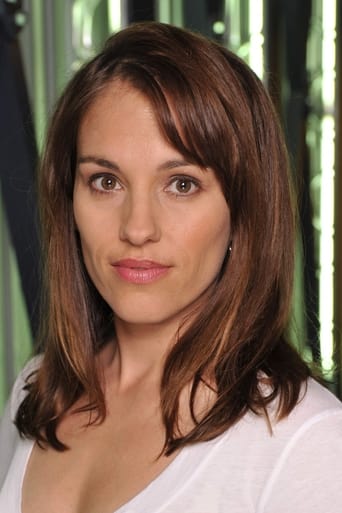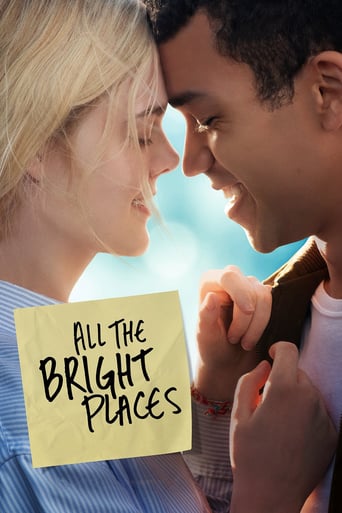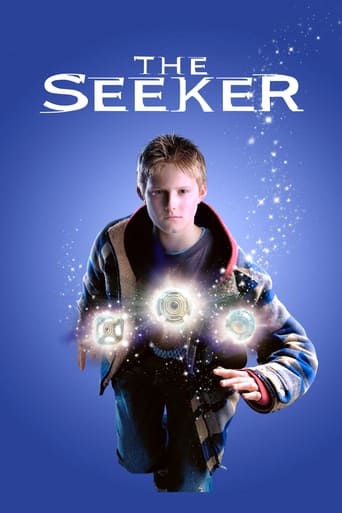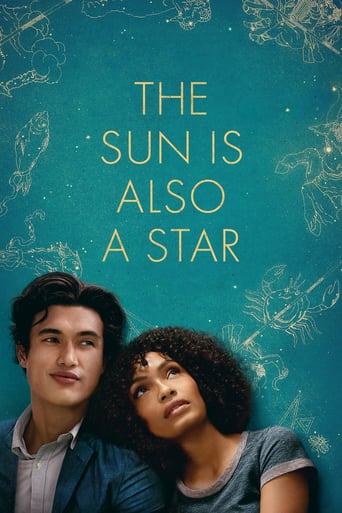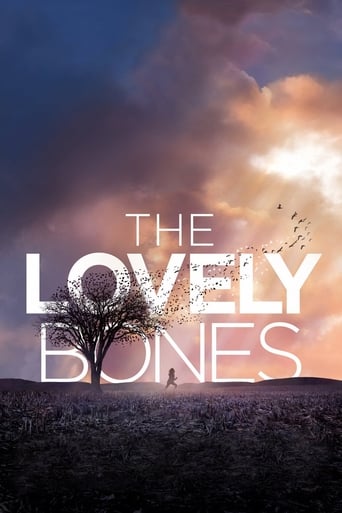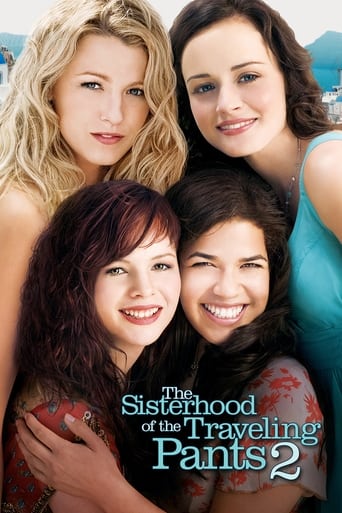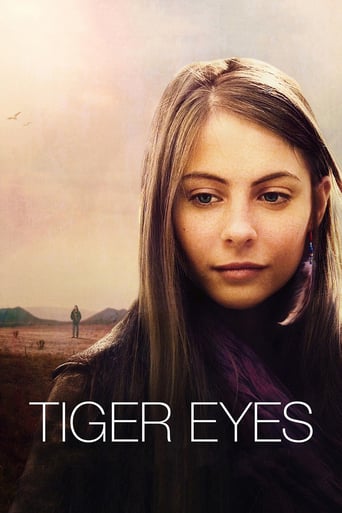
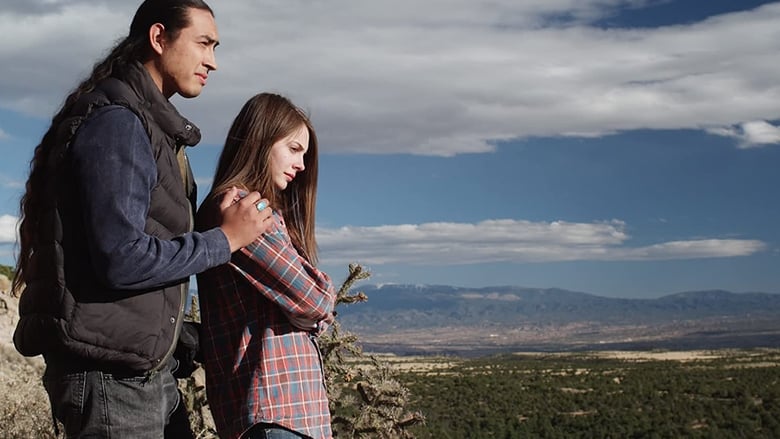
Tiger Eyes (2012)
After Davey's father is killed in a hold-up, she and her mother and younger brother visit relatives in New Mexico. Here Davey is befriended by a young man who helps her find the strength to carry on and conquer her fears.
Watch Trailer
Cast


Similar titles
Reviews
This movie is the proof that the world is becoming a sick and dumb place
Load of rubbish!!
Let's be realistic.
I'll tell you why so serious
Davey Wexler (Willa Holland) is struggling after her father was killed. Her mother Gwen (Amy Jo Johnson) has withdrawn. She, her mother and little brother Jason move from Atlantic City to New Mexico to stay with Gwen's older sister Bitsy Kronick (Cynthia Stevenson) and her husband Walter. At the new school, she's befriended by partygirl Jane Albertson (Elise Eberle). While walking alone in a canyon, she is found by native American Wolf who connects with her. She tells him her name is Tiger.This movie is based on Judy Blume's novel directed by her son Lawrence Blume. It's a teen girl struggling with some difficult issues. The difficulties are large and varied. It's a bit scattered. Willa Holland is quite effective holding the film together. Her performance adds the sensitivity needed although I'm not sure the material is used to its most effectiveness.
Growing up reading Judy Blume looks in the eighties, I was especially affected by the sadness of her novel Tiger Eyes, and drawn to the described peace and beauty of the west, to the point of living out there for several years as an adult. I delayed watching this movie when I saw it on Netflix for fear of being disappointed. But Willa Holland's portrayal of Davey, with her facial expression range and intensity, and Tatanka Means's thoughtful Wolf left me just as emotionally affected and fulfilled as when I read the novel. The two characters appear to be each other's only anchors, as Davey deals with the recent tragic loss of her beloved father, and Wolf is about to lose his wise father due to illness. The difference is Wolf is part of the American Indian community and its values of inclusion – when one person is hurting, others gather around him - while Davey is left to deal with her emotions all alone. Her brother is too young to process the loss, her mother, a role underwritten for the experienced Amy Jo Johnson (whom shone in Felicity) is so overwhelmed that she retreats from life, allowing Davy's unknown aunt and uncle to run the family in Los Alamos, New Mexico, and her aunt and uncle try but can't connect amidst their conservative values (obedience, security) and judgements about Davey's parents, whom we learn were teens when Davey was born and struggled financially.Additionally, Elise Eberle and Levi Boultinghouse shine as Davey's Los Alamos high school friends Jane and Ted, both kind and including her, but Jane has her own emotional challenges which are never developed, and copes in a negative way that Davey calls her out on. While Davey and her family heal, it is Davey's journey, as a teen and a grieving daughter, and her guidance from Wolf and his father that are the heart and focus of the story, and one that will stay with you even after the movie ends. Like Judy Blume's novel, this is a memorable gem.
We found this one on Netflix streaming movies. Willa Holland (of 'Arrow') is Davey, and as the movie opens her family is attending a funeral. It is her dad, and we only find out much later the details. But Davey was close to her dad and this hit her hard.It hit her mom even harder, Amy Jo Johnson as Gwen Wexler. To help her cope and the family to deal with the tragedy, Gwen's sister and husband drive them from home in Atlantic City to Los Alamos, New Mexico. For an indefinite period of time. Gwen is on medication, she doesn't interact much, eat much. It is a problem.Meanwhile Davey and her young brother enroll in the local schools, since they don't know when they might return home. Davey gets somewhat involved, meets some other students, but her best friend results from an impromptu bike ride and slide down a steep slope.There she encounters Tatanka Means as Wolf , later known as Martin Ortiz. He is a mysterious sort, a Native American who knows about hiking and climbing. And who also is having to get used to a loss of family, his sick father is in a hospital, one that Davey now volunteers at, and he doesn't have much longer to live. (His dad in the movie is also his dad in real life, veteran actor Russell Means).It is refreshing to see a movie without foul language or sexual situations among the teens. All the points come across very well without it. The story is uplifting, Davey and her mom eventually learn how to overcome their loss and get on with life.
Tiger Eyes, a young adult book written by Judy Blume in 1981 and the first of her movies to be brought to the big screen, is about a young girl trying to cope with the murder of her father. Her son, Lawrence Blume wrote the screen play and directed the film. Willia Holland stars as Davey and Tatanka Means stars as Wolf, the young man who who helps Davey find strength from loss.Despite the Boston International Film Festival playing an unfinished version of the film that lacked surround sound and the rich deep and moody color the directer intended, the movie was lushly filmed and used the landscape surrounding Los Almos New Mexico as a silent-yet-powerful character in the film.What is rendered on the screen is a spare yet moving meditation on the solitude of grief and the redemptive power of connection. The film holds a few masterful moments that telegraph to our hearts and minds the experience of grief. Close to the beginning of the movie we are presented with a character's wish to rise up in a hot air balloon and never come down. Shortly thereafter Davey is alone, cradled by a New Mexico canyon, and calls out for her now dead father. The aloneness an isolation of death and loss are hauntingly personified in these two scenes.The separation and isolation build in the movie and come to a sharp point before pivoting in a Native American ceremony with Wolf (Tatanka Means) and his father Willie Ortiz (Russell Means, Tatanka's real-life father). The ceremony teaches us that no one is left alone in this universe and that it is vital that we are not alone as we are social beings. Wolf's father says "if a person feels disconnected, he or she might fail." The movie starts to unwind itself and carry us to the ending as relationships move from contraction to expansion toward an emotionally satisfying ending. No one fails.Blume's books are dense. She packs in many different facets of the young adult experience. The movie adaptation of Tiger Eyes is no different. In 92 minutes we are exposed to death, grief, teen drinking, teen relationships and dating, rebellion, angst, and more. I found myself wishing for a simpler more spare story line. The other issues presented in the movie, while important and well done, distracted me from the elegant beauty of relationships lost and found.I think, perhaps, my wish of a more spare movie reflects my more adult tastes. I got to thinking about how young adults interact with media-- short bits of information. I wonder if that was Lawrence Blume's intention of the movie--to present short bits of information to a young adult audience in their own language. If that's the case, it was pure genius.more: http://irreverentpsychologist.blogspot.com/2012/04/relationships- lost-and-found-tiger-eyes.html




